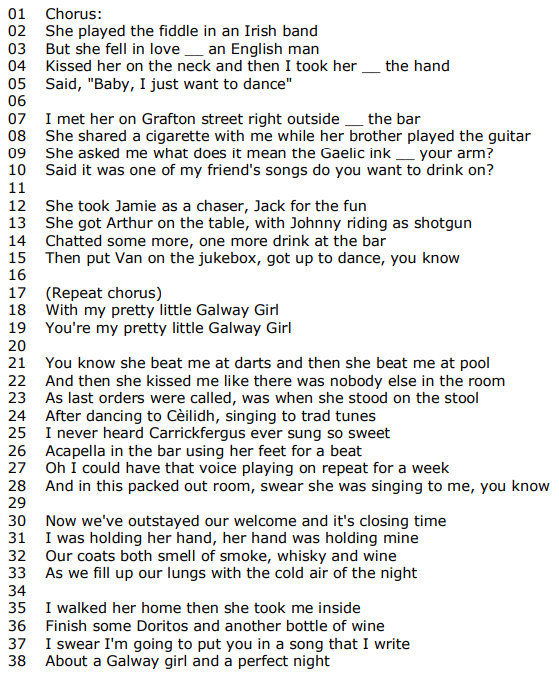Text 1
From Shakespeare to Harry Styles: Have audiences always been rowdy?
By Clare Thorp12th July 2023
From Pink being given a giant wheel of Brie to Harry Syles getting pelled in the face by a mystery
object, disruptive music and theatre shows seems to be on the rise. But is it anything new, asks
Clare Thorp.
When Harry Styles was pelted with chicken nuggets while on stage at New York's Madison Square Gardens
last summer, he took it in his stride. "Interesting approach," smiled Styles, who has also weathered kiwi
fruits, Skittles and bunches of flowers while performing. But when a mystery object hit him in the eye at a
concert in Vienna last weekend, he wasn't laughing but, rather, wincing in pain.
It was the latest in a string of incidents where audience members have hurled potentially dangerous objects
at performers. Earlier this month Drake was hit on the arm by a flying phone. That came days after country
singer Kelsea Ballerini was struck in the face with a bracelet. In May, Bebe Rexha was taken to hospital and
needed multiple stitches after a phone hit her in the eye. A man, since charged with assault, told police
he thought it "would be funny" to try and hit the singer.
It's not just live music seeing disruptive behaviour. In April, police were called to a performance of The
Bodyguard musical in Manchester when rowdy audience members reacted with "unprecedented levels of
violence" to staff. At other venues there has been everything from "heated arguments" to full-on brawls. And
in the US, one fan's disruption of a Broadway play in December 2022 followed several other incidents of
audience outbursts.
Across the cultural sphere, it feels like audiences are misbehaving. At a recent Las Vegas show, Adele
weighed in, saying: "Have you noticed how people are like, forgetting … show etiquette at the moment?
People just throwing shit on stage" – before warning fans not to try it with her.
Billie Eilish meanwhile, says this kind of thing, while "infuriating", is nothing new. "I've been getting hit on
stage with things for like, literally, six years," she told the Hollywood Reporter. Dr Kirsty Sedgman, a senior
lecturer in theatre at the University of Bristol who specialises in audience research, also cautions against
calling it a new trend. "People have always thrown things on stage," says Sedgman, whose latest book, On
Being Unreasonable, explores widening divisions in society over how we use public space. "Whether that's
fruit as a way to signify displeasure, or softer items like underwear and flowers as a signal of adoration."
Back In 1775, a performer in Sheridan's The Rivals stopped the show when he was pelted with an apple.
Adapted from: https://www.bbc.com/culture/article/20230712
